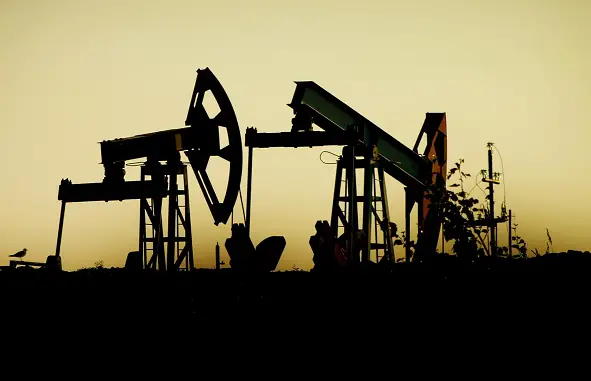On Tuesday, oil prices jumped to three-week highs, as fuel demand got a boost from China’s latest easing of Covid-19 strictures, and supply concerns based on US winter storms impacting production brightened the demand outlook.
European benchmark Brent Crude rose 88 cents, for a 1.1% gain, hitting $84.80 per barrel as of 0253 GMT. US West Texas Intermediate also rose 88 cents, hitting $80.44 per barrel, for a 1.1% gain. Earlier in the session, both benchmarks had hit their highest prices since December 5th.
Brent had gained 3.6% on Friday, as WTI rose 2.7%. Both saw their largest weekly gains since October. On Monday, US and British markets were closed for the Christmas holiday.
China’s National Health Commission announced it will end the quarantine requirements for in-bound travelers beginning on January 8th. The rule had been in place since the start of the pandemic three years ago. That triggered a wave of optimism that the world’s second largest economy was finally beginning to reopen for good after a wave of false starts triggered by the government’s adherence to its strict “zero-Covid” policies.
The US dollar softened Tuesday, after the announcement. A weaker greenback can reflect a greater investor appetite for risk, as it makes it cheaper for holders of other currencies to purchase oil.
On Christmas day, a lethal blizzard swept across New England, paralyzing Buffalo, New York. It was the culmination of days of winter storms that swept across much of the United States knocking out power and cutting energy production, driving up the cost of heating and electricity.
Kazuhiko Saito, chief analyst at Fujitomi Securities Co Ltd said, “Fears over supply disruption from winter storms in the U.S. prompted buying, though trade was thin as many market participants were away on holiday. But the U.S. weather is forecast to improve this week, which means the rally may not last too long.”
Also buoying prices was a statement by Russia that it may cut oil production by 5 to 7% in the beginning of 2023, as a response to price caps the EU and G7 nations are attempting to impose on Kremlin oil sales. Deputy Prime Minister Alexander Novak announced the proposed cuts on Friday.

